Since the quality of the sheet metal is decisive for the subsequent machining of the plates and bars, Meusburger places the highest demands on their steel suppliers. And because twice is better than once, all sheet metal is subject to both a spectral analysis and a strength test directly on the premises to check the quality. Only flawless steel from the best-known steelworks can make it through the quality check at Meusburger and thus into one of the three in-house furnaces. These have a total capacity of 240 tonnes per day.

The strength lies in rest
Already during the production of sheet metal, tension builds up in the material for example during rolling and cooling of the sheets. In order to reduce this to a minimum, in addition to the controlled heating of the sheet metal and the maintaining of the temperature at approximately 580°C, it is especially the uniform cooling that is decisive. At Meusburger the entire heating process, which lasts about 24 hours, takes place in a closed furnace. The slow and continuous cooling of 35°C per hour ensures uniform cooling of core and surface zones and thus prevents the build-up of new tension while both the microstructure and the mechanical strength of the material remain unchanged.
Reduced warping, higher precision
The procedure, from the precise inspection of the sheet metal through to the perfectly executed stress-relieving heat treatment, guarantees reduced warping and enhanced smoothness during the machining of Meusburger products. The tension in the material is reduced to a minimum. This advantage is reflected in the end product and in the machining time. The subsequent heat treatment ensures a considerably lower degree of dimensional and shape change. As a result, the necessary allowance can be significantly reduced. Moreover, hard points in the surface layers formed during steel manufacturing are eliminated.
The resulting shorter machining time and longer service life create free capacity for other tasks. If the components are not subjected to any further heat treatment, the advantage of reduced warping during machining is even greater because the plates remain stable in dimension and shape even after a machining process. This makes it easier to keep the tolerances required and thus obtain high-precision components.
Stress-relieving heat treatment therefore reduces lead times, increases precision, and results in cost savings, thereby providing a competitive advantage in the long term.

Advantages of stress relieving heat treatment
- Low-deformation processing
- Shorter machining times due to reduced oversize
- Longer service life of tools
- Highest precision
- Advantages in automated processing, particularly when using clamping systems



 © 2024 by Meusburger Georg GmbH & Co KG | All rights reserved
© 2024 by Meusburger Georg GmbH & Co KG | All rights reserved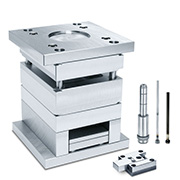
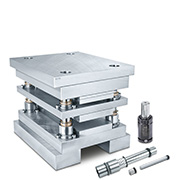
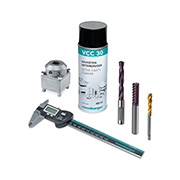
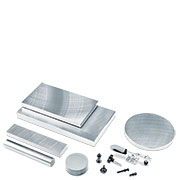

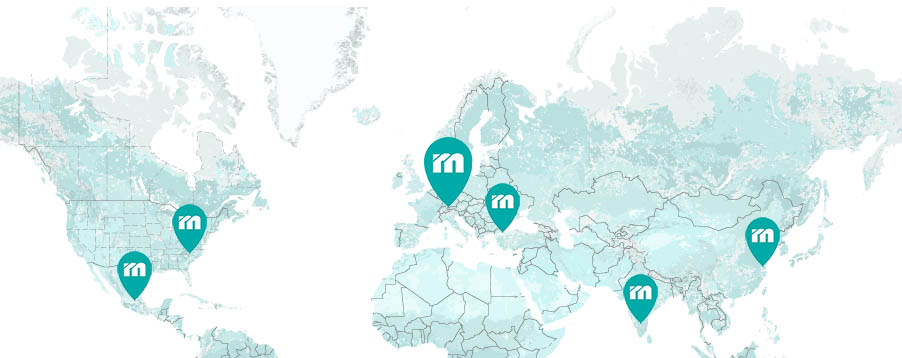
 Česká republika [CS]
Česká republika [CS]
 Danmark [DA]
Danmark [DA]
 Deutschland [DE]
Deutschland [DE]
 España [ES]
España [ES]
 France [FR]
France [FR]
 India [EN]
India [EN]
 Italia [IT]
Italia [IT]
 Magyarország [HU]
Magyarország [HU]
 México [ES]
México [ES]
 Nederland [NL]
Nederland [NL]
 Österreich [DE]
Österreich [DE]
 Polska [PL]
Polska [PL]
 Portugal [PT]
Portugal [PT]
 România [RO]
România [RO]
 Schweiz [DE]
Schweiz [DE]
 Slovenija [SL]
Slovenija [SL]
 Srbija [SR]
Srbija [SR]
 Suomi [FI]
Suomi [FI]
 Sverige [SV]
Sverige [SV]
 Türkiye [TR]
Türkiye [TR]
 United Kingdom [EN]
United Kingdom [EN]
 USA [EN]
USA [EN]
 Ελλάδα [EL]
Ελλάδα [EL]
 България [BG]
България [BG]
 Росси́я [RU]
Росси́я [RU]
 华 [ZH]
华 [ZH]